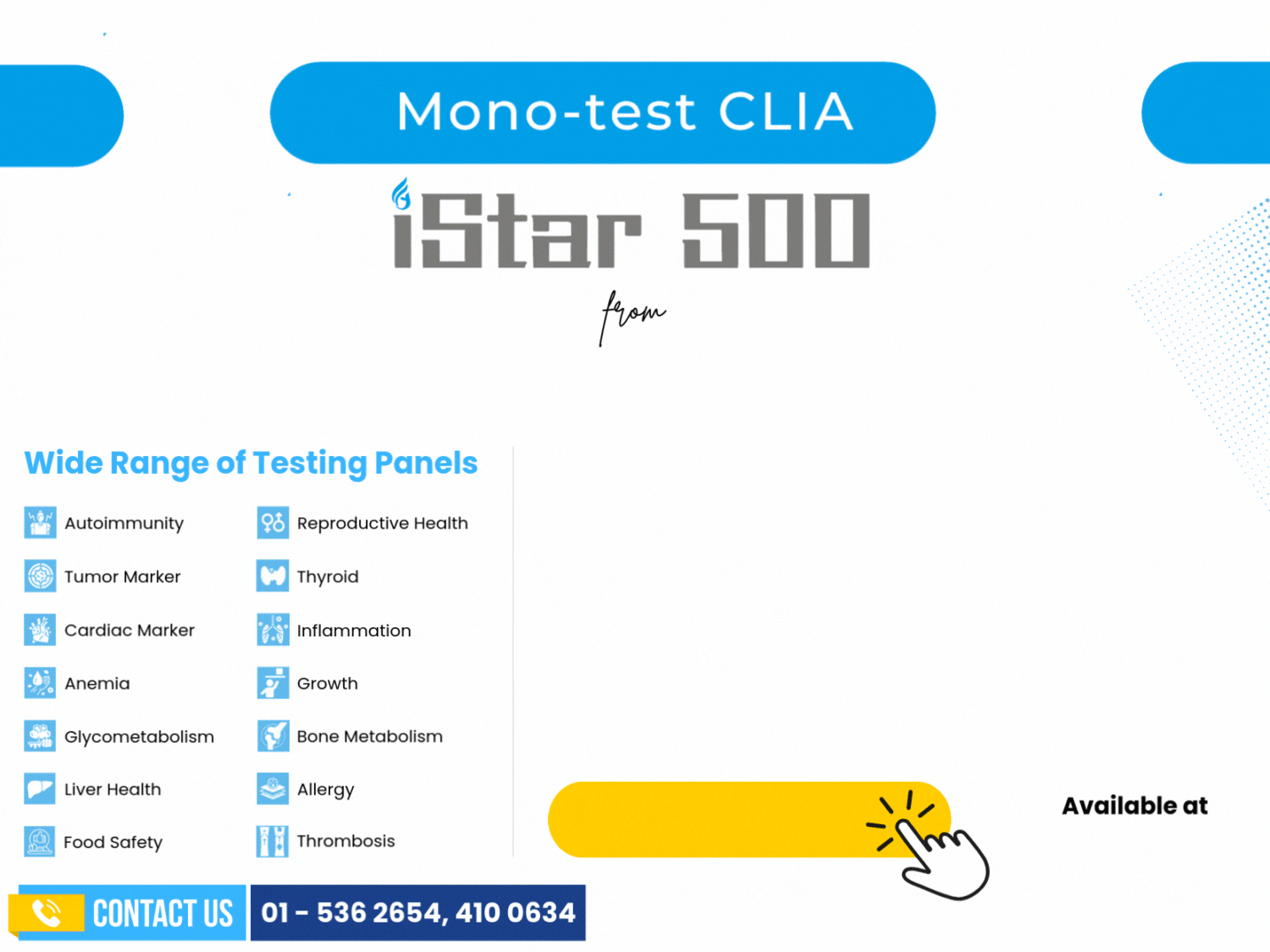
Sudden and specific food cravings—particularly for meat, fish, or eggs—could be more than mere appetite or taste preference; they might point to a deficiency in vitamin B12, a crucial nutrient for nerve function, energy levels, and red blood cell production, according to health experts.
Registered dietitian Jennifer Pallian highlights that an unexplained desire for animal-based proteins may be the body’s way of signaling a B12 shortfall. “Craving meat for no apparent reason could indicate a vitamin B12 deficiency,” she notes. These cravings are particularly important to watch in older adults, who naturally absorb less B12 due to age-related digestive changes.
Vitamin B12 deficiency can present with fatigue, memory issues, irritability, depression, and, in severe cases, even neurological complications. However, these symptoms are often subtle, making them easy to miss. Thus, persistent and unusual cravings should not be ignored and may require clinical evaluation.
5 Common Food Cravings That May Indicate Nutritional Deficiencies
1. Chocolate Cravings – Magnesium Deficiency
A frequent desire for chocolate may signal a magnesium deficiency. Magnesium is vital for energy production, muscle function, and mood regulation. Incorporating magnesium-rich foods like nuts, seeds, and leafy greens into your diet can help address this craving.
2. Cheese or Dairy Cravings—Calcium or Vitamin D Deficiency
Craving cheese or other dairy products might suggest a deficiency in calcium or vitamin D, both essential for bone health and muscle function. To boost calcium intake, consider consuming dairy products like milk, curd, and cheese, or opt for non-dairy sources such as fortified plant milk, tofu, almonds, and leafy greens.
3. Red Meat Cravings—Iron or Vitamin B12 Deficiency
An intense craving for red meat could indicate an iron or vitamin B12 deficiency. These nutrients are crucial for red blood cell production and energy levels. Including iron-rich foods like lean meats, beans, and fortified cereals, as well as B12 sources such as meat, fish, and dairy, can help alleviate these cravings.
4. Ice Cravings (Pagophagia)—Iron Deficiency Anemia
A compulsion to chew ice, known as pagophagia, is often linked to iron deficiency anemia. This unusual craving may be the body’s way of signaling low iron levels. Addressing this deficiency through iron-rich foods or supplements can help reduce the urge.
5. Salty Food Cravings—Electrolyte Imbalance or Adrenal Fatigue
Constant cravings for salty foods might indicate an electrolyte imbalance or adrenal fatigue, especially if accompanied by low energy levels. Ensuring adequate hydration and consuming a balanced diet with sufficient electrolytes can help manage these cravings.
While food cravings can offer hints about what your body might be lacking, self-diagnosis is not advisable. If you’re frequently craving specific foods, it’s best to consult a healthcare provider for proper assessment.
swasthyaadmin
Published: May 7, 2025









